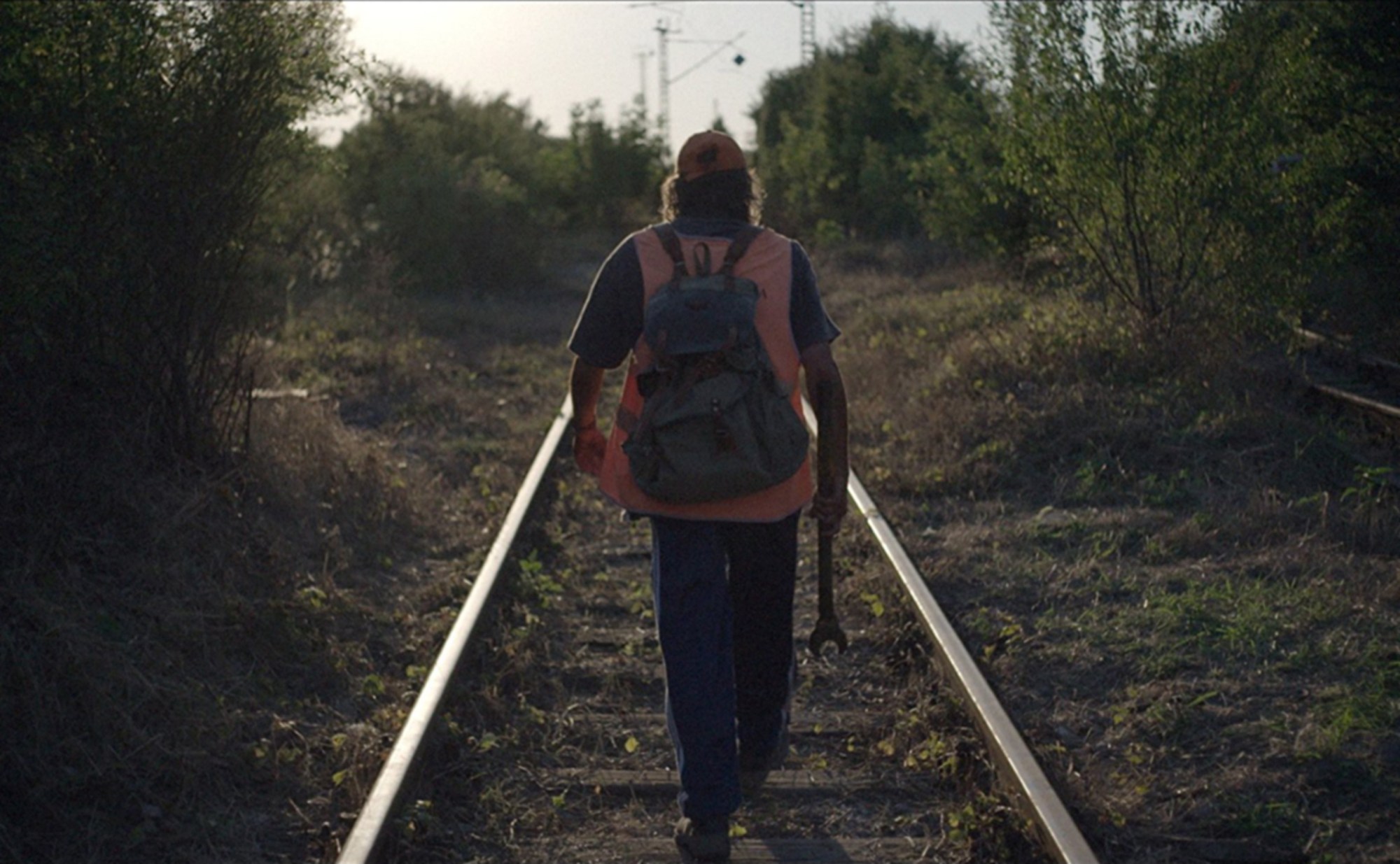
- Golden Globe Awards
Glory (Bulgaria)
Since they joined forces for a TV movie in their native Bulgaria seven years ago, former TV reporter Kristina Grozeva and art school graduate Petar Valchanov have become one of the most formidable teams in local cinema. Their short film, Jump, was nominated for the European Film Awards, the first time it happened for that country. After that, they did a documentary together, Bridgeless Rivers about two Roma teenagers, but when they tried their hand at a fiction feature, the acclaim grew bigger. The Lesson, which debuted at the Toronto film festival in 2014, and shortly thereafter won the Best New Director award at San Sebastian, told the story of a teacher who tries to discover who is the robber in her class so she can teach him a lesson about what is right and wrong, while being robbed by loan sharks. After winning awards at Thessaloniki, Tokyo, Goteborg and sweeping the national film awards in Bulgaria, they were soon at work in their second feature, Glory, who had an equally impressive track before being submitted as Bulgaria’s entry to the 2018 Golden Globes. The film, the second part of a trilogy based in real stories that Grozeva and Valchanov have found in newspaper headlines, won awards at Dublin, Edinburgh, Locarno, Ghent, Kolkata, Gijon, Hamptons, Vilnius, Sofia and at the 2017 edition of the South-Eastern European Film Festival in Los Angeles.Glory centers on two main characters from opposite sides of life that cross paths in a surprising event. Tzanko Petrov (Stefan Denolyubov) has spent his life working as a railroad linesman. He is shy, stutters heavily and lives alone, and the only pride he has is being always on time, sometimes he can do that with the help of the Russian watch his father gave him, a Slava (which translates as Glory). Julia Staikova (Margita Gosheva) works as the PR chief for the Ministry of Transport and spends her days dealing with the press and the stress of her function while trying to complete a fertility treatment that requires daily injections, something which seems more important to her kind husband than to her. When Tzanko finds a couple of bags filled with money on the tracks, he decides to inform the authorities instead of keeping it, becoming a national hero for a day and a good excuse for Julia to fight the public awareness of cases of corruption that involve her boss. During a televised ceremony, the minister gives Tzanko a new (and cheap) digital watch as an award, and Julia promptly removes his old Slava so he can put the new one on. She forgets to return it to him afterward, which sends the old railroad worker on a quest to recover it. It will change both his and her life forever.

